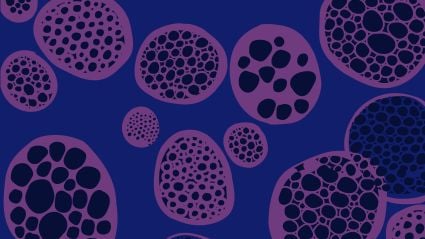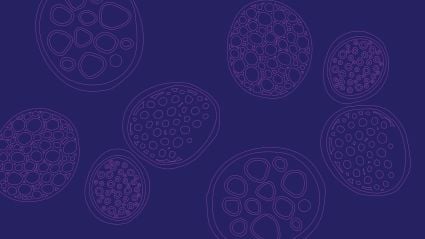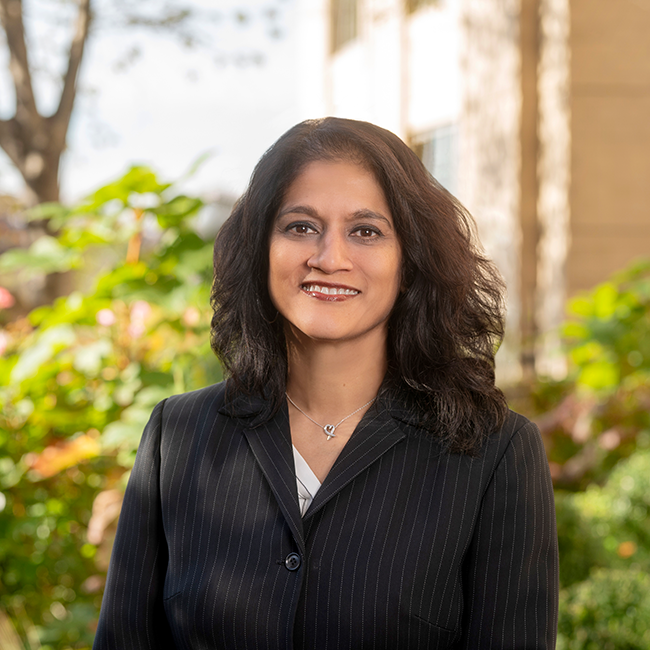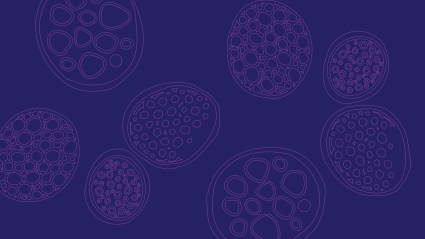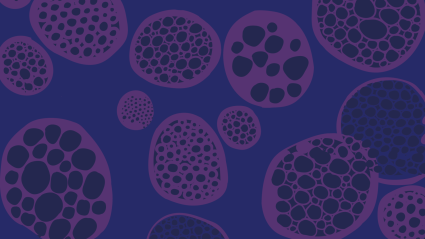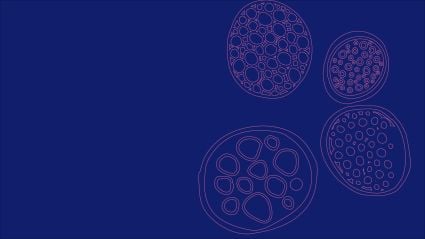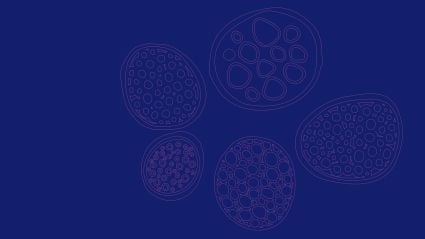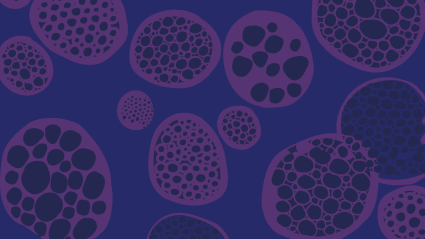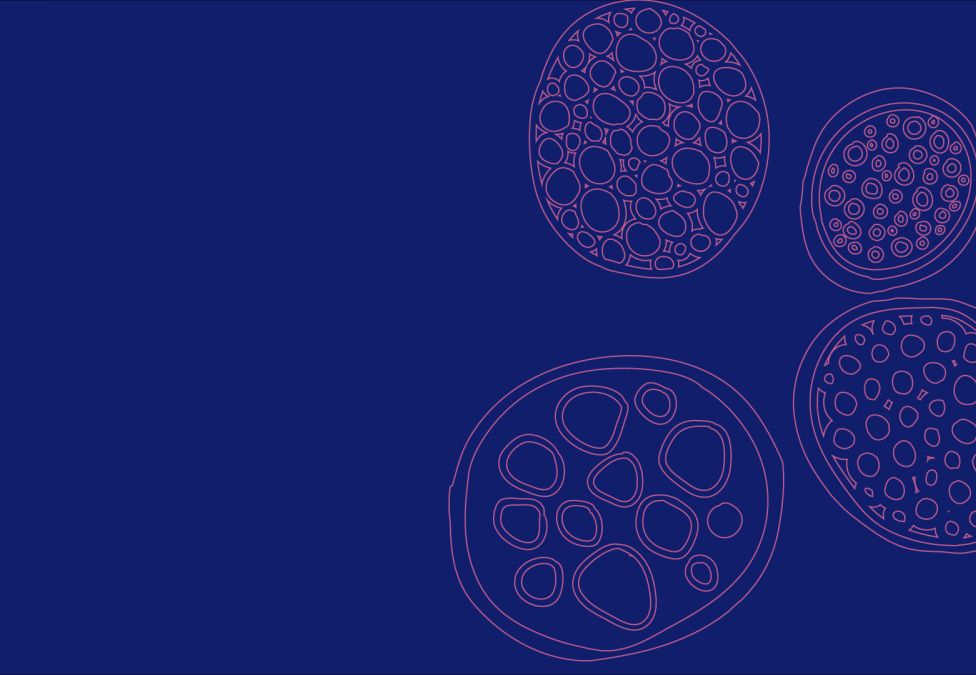
The Ann Theodore Foundation and the Milken Institute are pleased to announce the six research teams that have been selected to receive funding for their research to advance understanding of the underlying biology of sarcoidosis, a poorly understood immune dysregulation condition. Over $3 million have been awarded across six distinct institutions in the United States. The research studies will run for two years, and the researchers will present their findings at an annual retreat, as well as publish them in an open-access journal.
Shaikh Atif, PhD, University of Colorado, Anschutz Campus
Atif’s project seeks to examine the role of Aspergillus nidulans, a common airborne fungus, in the development of Löfgren Syndrome (LS), an acute form of sarcoidosis. This fungus has been found in some individuals with LS and is suspected to play a role in its development. Additionally, Atif seeks to create a mouse model of lung inflammation using Aspergillus nidulans that can be used for future studies.
Jonathan Chrispin, MD, Johns Hopkins University
Chrispin’s project is set to develop an algorithm that can use heart images and electrical recordings to predict a person’s risk of sudden cardiac death. Sarcoidosis can take root in the heart, and sudden cardiac death is a serious risk once it does. As of now, there are few predictors of which individuals are more likely to suffer in this way. This project could pave the way for doctors to better understand when medical intervention is needed.
Alejandro Pezzulo Colmenares, MD, University of Iowa
Pezzulo Colmenares’ study will use a noninvasive method to assess how cells from individuals living with sarcoidosis respond at a genetic level. Typically, cells are obtained directly from the organ in question, but Pezzulo Colmenares will use nasal cells to assess these questions, which is a new approach. The genetic differences seen in these cells will be related to a person’s prognosis. This study could provide a noninvasive method of learning more about sarcoidosis moving forward.
Ravi Karra, MD, Duke University
Karra’s project is focused on better understanding how granulomas, which are the hallmark of sarcoidosis, form in the condition. Karra will trigger an immune response that will lead to localized granuloma formation in the skin of individuals living with sarcoidosis. At different points in time, Karra will sample the granuloma to understand the genetic changes that occur during granuloma formation and the genetic features that put a person at risk for developing sarcoidosis.
Laura Koth, MD, University of California, San Francisco
Koth’s project seeks to determine whether molecular factors that indicate immune cell exhaustion and genetic aging can be correlated to sarcoidosis patient outcomes. The same molecular factors have been shown to be relevant to idiopathic pulmonary fibrosis, a disease that causes lung scarring. Individuals living with lung sarcoidosis will have their lungs scanned and blood samples obtained, and a prognostic model will be developed. This model could be used to better assess who is at a higher risk for worse outcomes with lung sarcoidosis.
Li Li, MD, PhD, National Jewish Health
Li’s project sets out to better understand how genetic modifications affect sarcoidosis progression and severity. The study will obtain blood samples from individuals living with sarcoidosis and study a specific genetic alteration across the entire genome. These findings will be used to determine if modifications on certain genes convey greater risk than others and will be related to findings from idiopathic pulmonary fibrosis, which shares some clinical characteristics. This study could give us a better understanding of which genes convey more risk for sarcoidosis development and severity.
